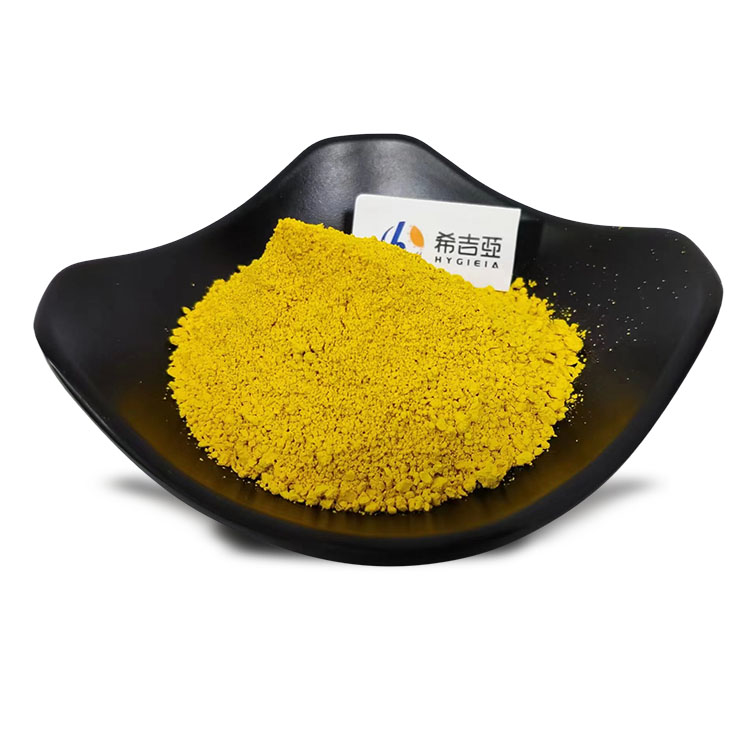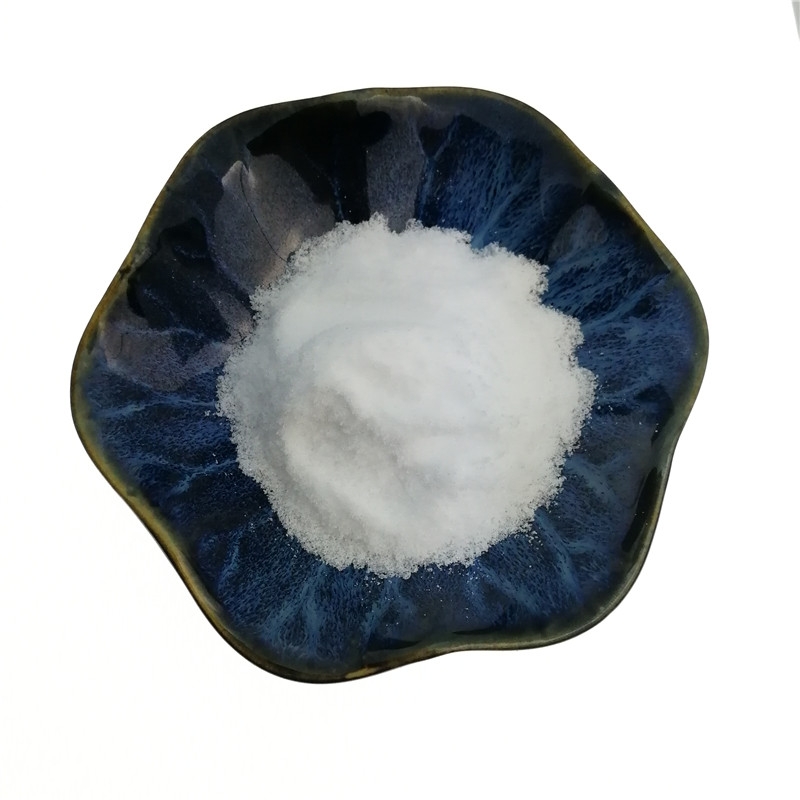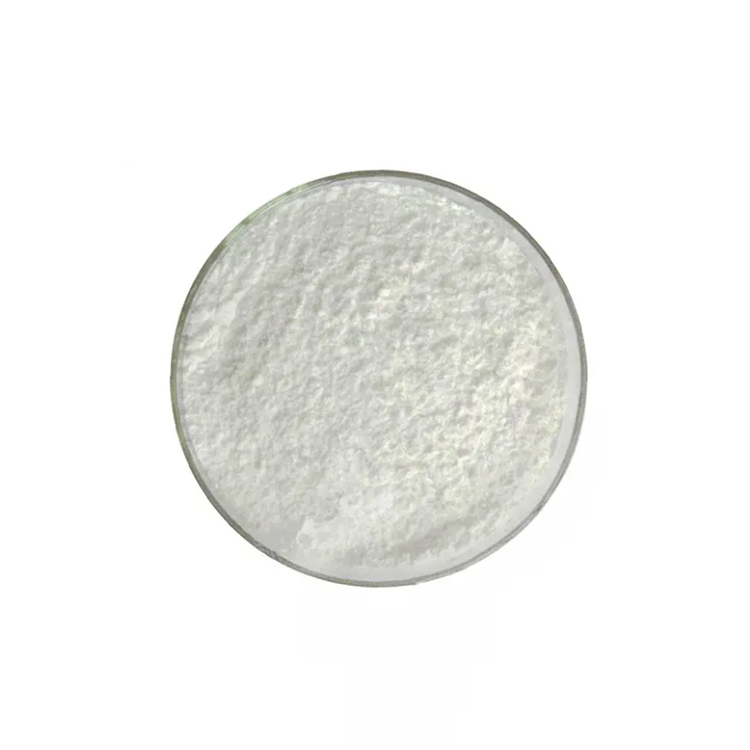-
Categories
-
Pharmaceutical Intermediates
-
Active Pharmaceutical Ingredients
-
Food Additives
- Industrial Coatings
- Agrochemicals
- Dyes and Pigments
- Surfactant
- Flavors and Fragrances
- Chemical Reagents
- Catalyst and Auxiliary
- Natural Products
- Inorganic Chemistry
-
Organic Chemistry
-
Biochemical Engineering
- Analytical Chemistry
- Cosmetic Ingredient
-
Pharmaceutical Intermediates
Promotion
ECHEMI Mall
Wholesale
Weekly Price
Exhibition
News
-
Trade Service
Image: Neutrophil extracellular traps (NETs) often defend against viruses and bacteria, but can also cause harm
Source: Christian Con Yost, MD
Studies in mice have shown that preventing the formation of a sticky mesh that forms in blood vessels after a stroke can protect the brain and lead to better outcomes for patients
Stroke is the leading cause of disability in the United States
But according to the new study, the cells carried by the backflowing blood could cause further damage
"These meshwork structures cause more brain damage by trapping other cells, reducing blood flow and clogging blood vessels (in the brain)," said the study's senior author, Dr.
Campbell and his colleagues found that they could prevent these effects in a mouse model of stroke by administering a mesh-blocking compound to the animals
"We urgently need new treatments for ischemic stroke," said Jennifer Mayeske, MD, professor of neurology and stroke expert at U of U Health and co-author of the study
Beneficial defenses also do damage
NETs are part of the immune system's defense against pathogens
The team first looked for signs of NETs in the brains of stroke patients
"They are able to trap many other cells and potentially reduce blood flow into the tissue and oxygen into the brain," Campbell said
When the team analyzed blood samples from patients treated for ischemic stroke at U University Health, they found more evidence that NETs may negatively affect stroke patients
These observations prompted Campbell and postdoctoral researcher Frederick Denom, PhD, the study's first author, to return to the lab to study how NETs form after stroke
"We really think that when the blood initially returns to the brain, it's when you activate the platelets, and then those platelets deactivate the neutrophils," Campbell explained
Blocking the network protects the brain
While the role of NETs in stroke is troubling, it also hints at an opportunity for intervention
Encouragingly, the treatment improved outcomes not only in young, healthy mice, but also in older mice and mice with diabetes
The nNIF peptide, which is currently being developed as a potential sepsis treatment, may also help reduce stroke damage to patients, Cambell said
.
Once reticulocytes are formed, the peptide cannot prevent the formation of reticulocytes, but the findings in mice suggest that there may be a window of opportunity during which the formation of toxic reticulocytes can be intervened and prevented
.
More studies are needed to further evaluate the role of nNIF in animal models of stroke before it can be determined whether nNIF is suitable for clinical trials in this context
.







